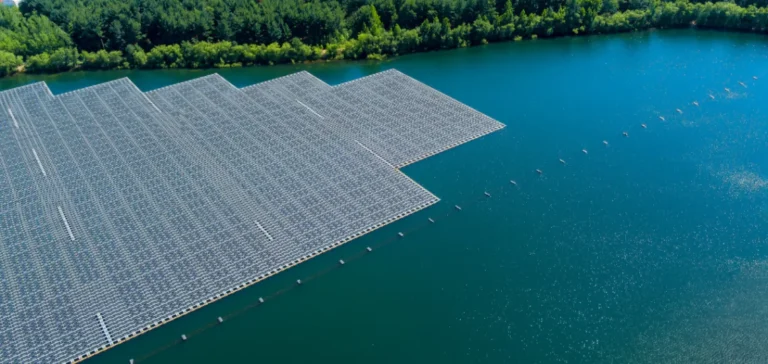ISDN Holdings Limited, a Singapore-based company active in industrial automation and renewable energy, has completed the acquisition of 51% of Indonesian company PT Funda Konstruksi Engineering. The transaction amounts to IDR 25.5 billion, or approximately SGD 2 million. This investment allows ISDN to broaden its operational coverage across the full lifecycle of hydropower projects, from engineering to operations.
Founded in February 2024, PT Funda operates in engineering, procurement, and construction (EPC), as well as in operations and maintenance (O&M) services. The company is led by a team of engineers with over twenty years of experience in hydropower project execution. Their portfolio includes the design and completion of more than 70 projects across Asia, totaling an installed capacity of 4,500 megawatts.
Access to a strategic project pipeline
In the Indonesian market, the PT Funda team has been active since 2014, having delivered four grid-connected projects totaling 57 megawatts, including the Lau Biang 1 plant, also operated by ISDN. Prior to the acquisition, PT Funda had already been appointed as the EPC contractor for the Lau Biang 3 project. The company currently holds a pipeline of more than ten projects in various stages of preparation, representing over 300 megawatts in projected capacity.
This strategic equity stake provides ISDN with direct access to upcoming projects while integrating critical technical expertise into its energy development roadmap. The aim is to strengthen local capabilities and capture value across all infrastructure development stages.
A regulatory environment conducive to investment
The deal comes amid an acceleration of Indonesia’s energy policy. The national master plan, Rencana Umum Penyediaan Tenaga Listrik (RUPTL) 2025–2034, outlines plans to add 42.6 gigawatts of renewable capacity and 10.3 gigawatts of storage by 2034. Hydropower accounts for 27.5% of this projected capacity expansion, making it the country’s second-largest priority energy source.
These projections create a favorable environment for operators capable of rapidly deploying capital and delivering integrated technical solutions. By internalizing the capabilities of a player like PT Funda, ISDN seeks to accelerate project rollout while improving cost and timeline control in infrastructure execution.
Strengthening the integrated investment model
Integrating PT Funda enables ISDN to adopt an operational model more oriented toward long-term financial stability. Maintenance and operations services are expected to generate recurring revenues, reducing exposure to fluctuations linked to the construction phase alone. This hybrid model—combining development, construction, and operation—aligns with market expectations for more predictable returns.
This investment marks a step forward in ISDN’s expansion strategy in Indonesia, which represents a key market within its energy portfolio. By consolidating its local assets and securing internalized engineering capacity, the company aims to sustain growth in a segment experiencing strong demand momentum.






















